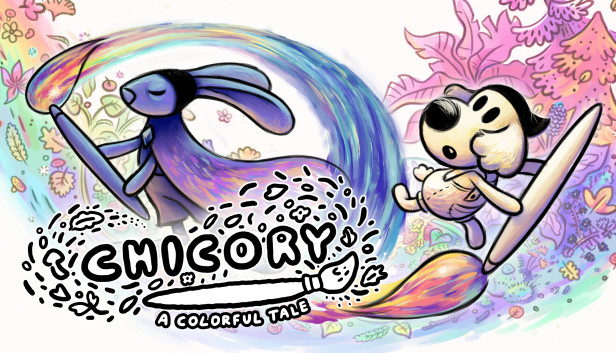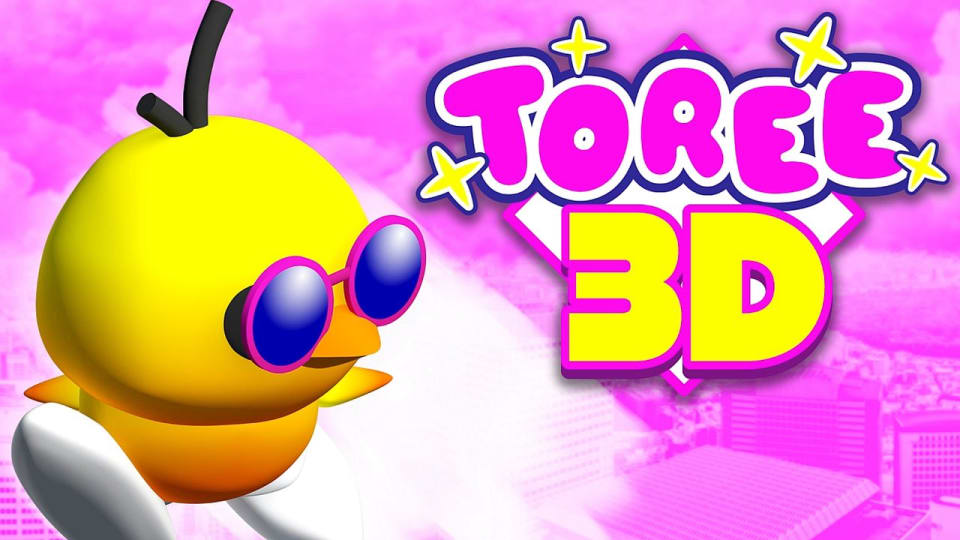
No one suspects a thing.
I have a weakness for Developer Young Horses now, having played both Bugsnax and Octodad in the same summer.
As is often the case in humorous media, a simple premise (like an octopus occupying the role of a husband and father) doubles as a social commentary. I walked away from Octodad thinking about how we are all imposters in our own bodies, struggling to enact social and familial roles.
Octodad doesn't propose a solution for this struggle, but wow, it sure does showcase the struggle. The titular Octodad flails and slips through the grocery store. He tips over every furniture item in the living room. He shatters glass and stomps on flowers. His ineptitude exists at the very core of this game, with an intentionally obtuse control scheme and a wacky physics engine. Playing as Octodad is just as frustrating as it is delightful.
While Octodad's ineptitude is played for laughs, there are also moments of solemnity. He communicates through burbles, gestures, and expressions, transitioning from inconsolable panic to fatherly tenderness. Perhaps the most touching of his many moods is yearning. His wide, haunted eyes express more than dialogue ever could. Through glances both long and fleeting, we realize just how much Octodad treasures his fragile role.
Given the complexity of social desires and insecurities in Bugsnax, I have a hard time believing that Young Horses did not consider similar complexities when making Octodad. Octodad is trying to "pass" as human, and pass he does-- often with flying colors. In some sequences, his humanity manifests through clothing. Octodad successfully fills the role of "man" by wearing a suit and tie. Without these gendered signifiers, however, people see him as an octopus. While Octodad aspires for idyllic human cisgender heteronormativity, he exists outside of that system, so he must contend with the looming anxiety of being discovered or outed. I wouldn't go so far to say that Octodad explicitly critiques gender roles, nuclear family units, or conformism, but I do think it successfully portrays imposter syndrome. How do we assert our belonging within a system that was not expressly constructed for us?
This question felt most pertinent in an explanatory flashback. During this flashback, we see Octodad dredge himself out of the water and onto a fishing boat. He slips behind crates to avoid being seen. In the ensuing stealth sequence, a shipmate swabbing the deck announces: "I hate octopuses." This small, offhand comment heightens Octodad's struggle. Despite unwarranted hate, Octodad carries forward with loving determination. "Love triumphs over all" is perhaps a simple and derivative conclusion for such a rich conundrum, but in the end, it is a genuinely heartwarming one.




